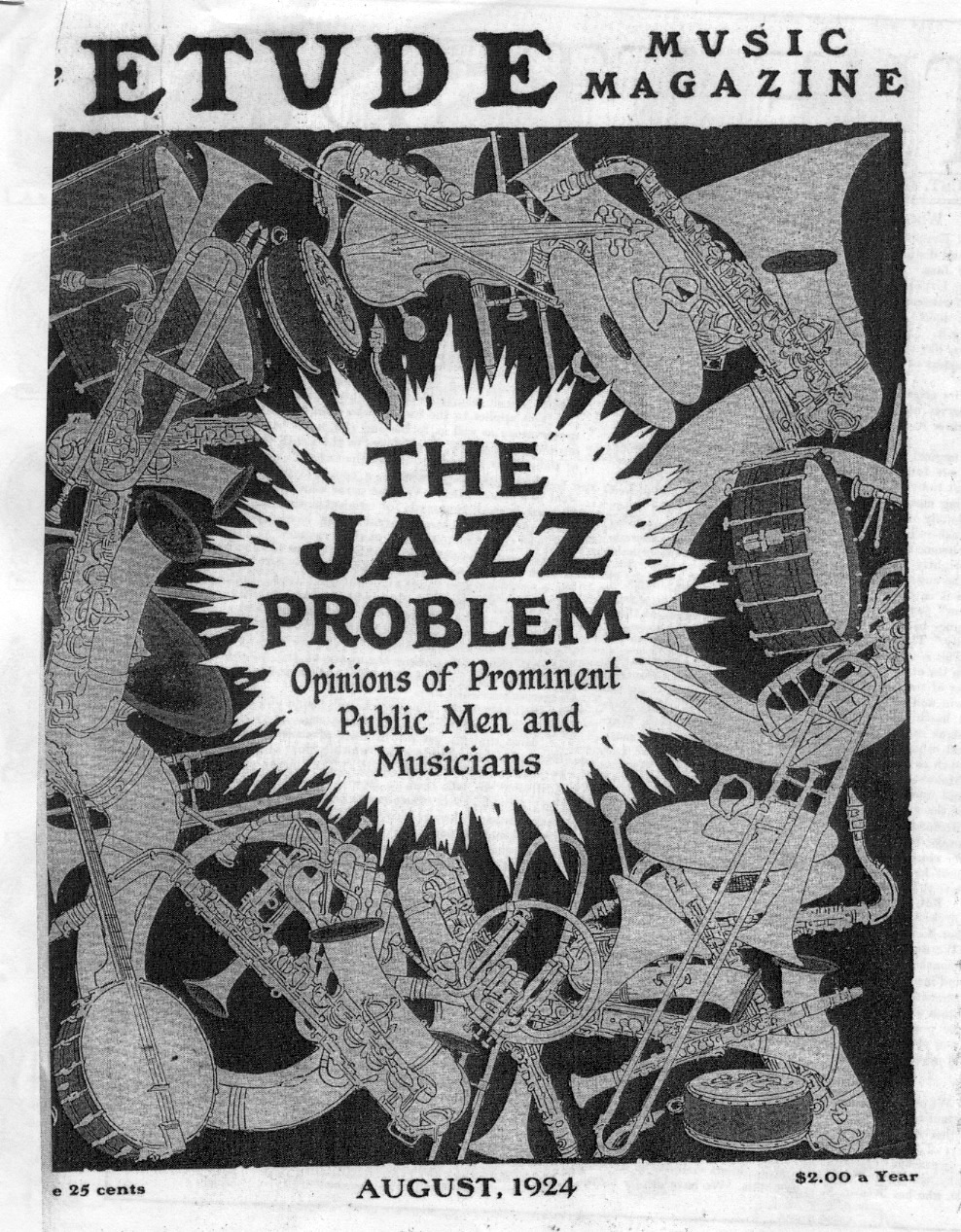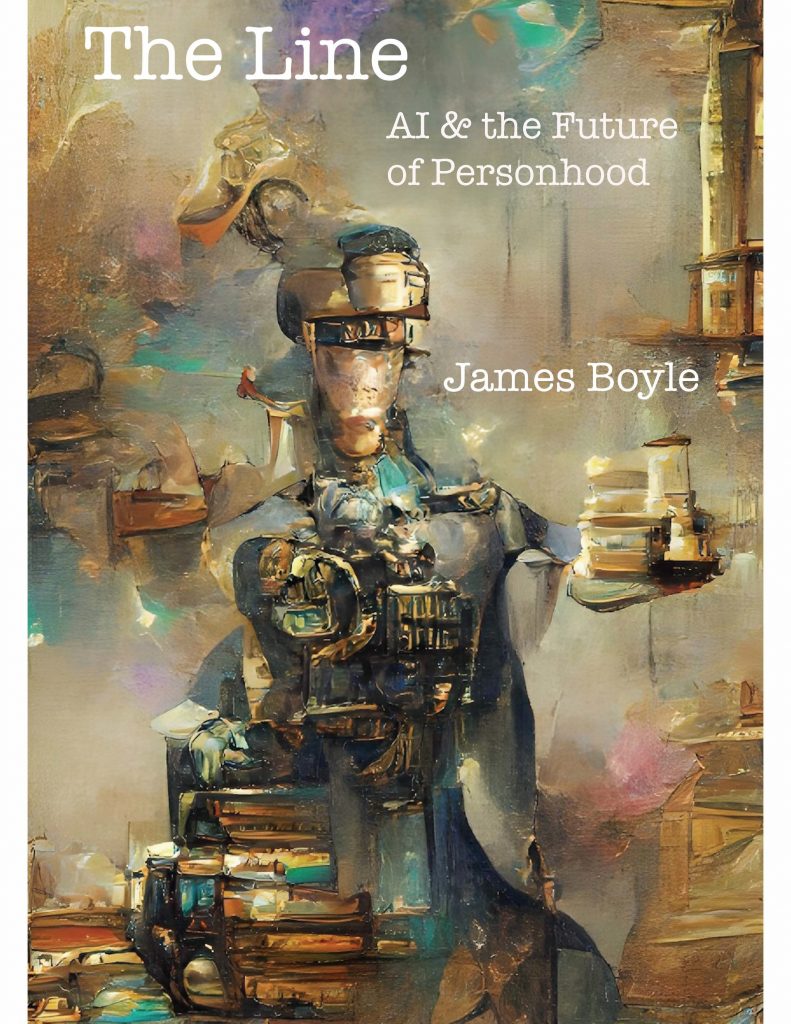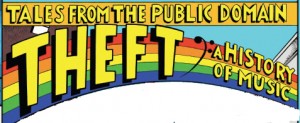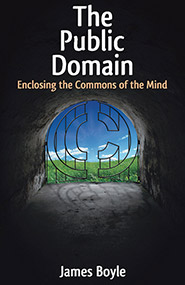Another note in the research annals of our forthcoming comic on the history of musical borrowing. For those who read about today’s wars over hip hop sampling and digital remix and think it a new battle fuelled by technological change, here’s an image that shows how old the fights are — even if one doesn’t trace them as far back as Plato.
We got this from our brilliant colleague, the composer Professor Anthony Kelley. It is from Etude magazine and it contains a fascinating set of opinions of “prominent men and musicians” (and one female composer, Mrs. H.H.A. Beach) about “The Jazz Problem.”
What was The Jazz Problem? Well, opinions differed. Some saw it as a straightforward process of racial contamination of American music
“Jazz is to real music what the caricature is to the portrait…If jazz originated in the dance rhythms of the negro, it was at least interesting as the self-expression of a primitive race. When jazz was adopted by the “highly civilized” white race, it tended to degenerate it towards primitivity.”
That’s Frank Damrosch, Director of the Institute of Musical Art, and a vocal proponent of musical racial purity. He had more to say on the subject — making it clear that part of the problem was the fact that jazz both distorted and borrowed in ways he found offensive.
“When a savage distorts his features and paints his face so as to produce startling effects, we smile at his childishness; but when a civilized man imitates him, not as a joke but in all seriousness, we turn away in disgust. Attempts have been made to “elevate” jazz by stealing phrases from the classic composers and vulgarizing them by the rhythms and devices used in jazz. This is not only an outrage on beautiful music, but also a confession of poverty, of inability to compose music of any value on the part of the jazz writers.”
The unselfconscious racism is remarkable. For her part, Mrs. Beach was clear that the whole thing would lead to… er.. dancing
“[T]aken however in association with some of the modern dancing and the sentiment of the verses on which many of the “jazz” songs are founded, it would be difficult to find a combination more vulgar or debasing.”
John Philip Sousa, interestingly was much more sanguine
“There is no reason, with its exhilarating rhythm, its melodic ingenuities, why it should not become one of the accepted forms of composition.”
And many of the participants seem to agree that jazz was best in the hands of musicians who happened to be, well, white.. musicians like the aptly named Paul Whiteman. But there were also moments when they acknowledged that this vital strand of American music had come from a culture that had been subjected to some forcible cultural remix itself.
“Good syncopation is legitimate and probably enjoyed to the limit by many people who are slow to admit the fact. It has been evolved naturally from negro songs and dance tunes and is the characteristic American music if we have such a thing.” [emphasis added]
Jazz did in fact reach across racial lines — arousing hysteria in the process — as we say in our forthcoming comic. But the reaction ran both ways. Again and again as we have done our research, we have seen the borrowing question arise on at least two levels. First, what practices of borrowing inside a particular tune are legitimate — philosophically, aesthetically, as a matter of religious doctrine, morally, and finally legally. Second, what strands of musical tradition can be borrowed, remixed, and inserted into a different musical culture? Which ones must be resisted as other, alien, debased, dangerous? Culturally, the Anxiety of Influence runs deeper than we know.










Just to add a funny to this great post … In 1994 I was talking with a very well known Jazz vocalist and he said something that has really stuck in my mind.
He told me that “Jazz is so powerful that it even brings the rhythm out of white men”.
He was so right, we all originate from Africa and this prime-evil music is in our DNA and, as a result, it stirs deep in all of us.
I think that all the other arguments over who ‘owns’ Jazz is just the bigots using something that we all love to split us up … We should all stand together in Jazz 😉
[…] “Jazz Day,” April 30 enshrines a beautiful irony: music once considered cacophonous and “savage” is recognized at an international level as “…a force for positive social transformation […]